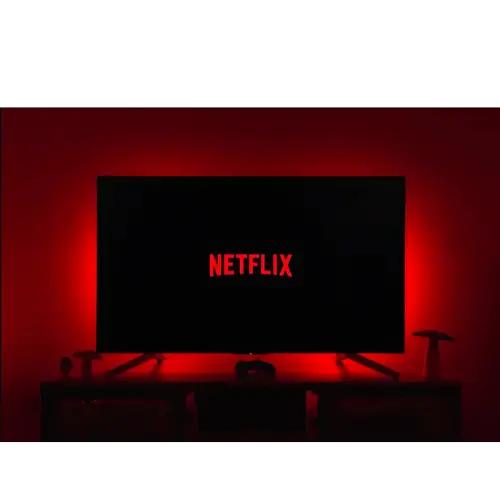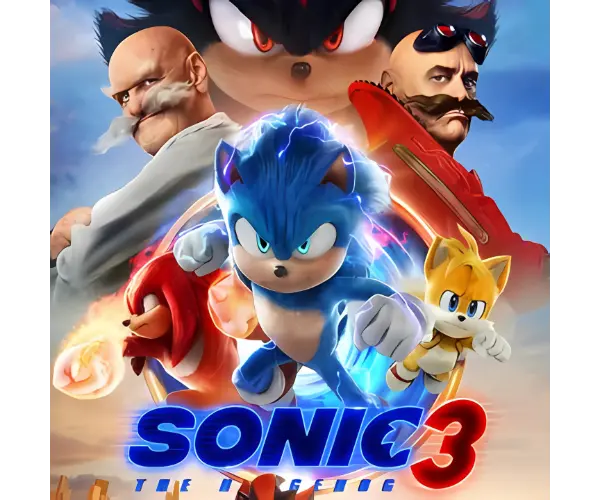Sega Contemplates Netflix-Like Subscription Service for Video Games

Sega is considering launching a subscription service for video games similar to Netflix, a move that could further accelerate the gaming industry’s transition to streaming. While services like Xbox Game Pass and PlayStation Plus have already established subscription-based gaming models, Sega’s potential entry into this market has drawn both excitement and concerns.
Sega’s Potential Subscription Service
Shuji Utsumi, president of Sega, confirmed to the BBC that the company is evaluating the possibility of offering a subscription-based service. “We’re thinking something – and discussing something – we cannot disclose right now,” he said, hinting at an upcoming announcement. These subscription models allow gamers to pay a monthly fee for access to a range of games, rather than purchasing them individually.
Currently, several major gaming companies, including Sony and Microsoft, dominate the subscription space. Xbox Game Pass, for instance, offers prices ranging from £6.99 to £14.99 per month, while PlayStation Plus offers a similar range of £6.99 to £13.49. With Sega’s games already available on various streaming platforms, launching its own subscription service could be a way to attract players to pay directly to Sega rather than relying on competitors.
Challenges and Industry Concerns
While a dedicated Sega subscription service might appeal to its fanbase, critics have voiced concerns about the potential for increased costs for gamers. With multiple subscription services now on the market, players may end up paying for several memberships, making it harder to justify additional costs.
Rachel Howie, a popular Twitch streamer known as DontRachQuit, expressed mixed feelings:
“We have so many subscriptions already that we find it very difficult to justify signing up for a new one. Sega will definitely have a core audience that benefits, but will the average gamer choose this over something like Game Pass?”
Similarly, Sophie Smart, Production Director at UK game studio No More Robots, noted that while she would love to see Sega thrive again, she questioned whether a new subscription service would lead to Sega’s games being removed from other platforms, ultimately raising costs for consumers.
Revitalizing Sega’s Brand
Utsumi also spoke about Sega’s strategy to regain its global prominence. The company, which was once a dominant force in the 1990s gaming industry, has struggled in recent years. “I want to make Sega really shiny again,” Utsumi said, acknowledging the company’s challenges in expanding beyond its domestic market. He emphasized the need to take a more offensive approach, saying, “Sega has great RPGs, amazing IPs, and is a well-known brand. It’s time to stop being defensive.”
Sega’s Gaming Plans
Despite challenges, Sega has continued to deliver successful titles in recent years. This year, the company launched new IPs like Metaphor: ReFantazio, developed by the creators of Persona, and the latest Sonic the Hedgehog game. However, Utsumi hinted at an even more ambitious project for the future, with the possibility of a sequel to Sonic Adventure. While he remained tight-lipped about the specifics, he confirmed the team was working on an exciting and challenging game that would meet or exceed fan expectations.
One feature many fans are hoping to see return is the beloved Chao Garden from Sonic Adventure. Utsumi confirmed that Sega has discussed bringing it back, though he could not provide further details.
Financial and Operational Challenges
Despite these creative successes, Sega faced financial difficulties this year, including the difficult decision to cut 240 jobs in March. Utsumi explained that the layoffs were part of a larger effort to reset the company’s initiatives. Additionally, the release of Football Manager 2025 was delayed to maintain quality, with Utsumi emphasizing that the decision was made to ensure the game met the company’s high standards.
Beyond Gaming: Sega’s Expansion into Media
In addition to its gaming ventures, Sega has made significant strides in expanding into film and television. The company’s third Sonic the Hedgehog movie was released this weekend, following a successful year in media adaptations. Utsumi expressed his excitement about the film’s success, noting, “I just saw the movie—it’s so much fun. It’d be nice if that kind of excitement goes on.”
Conclusion
Sega’s potential move into the subscription service market could reshape the landscape of video game streaming. While the idea presents an opportunity for Sega to reassert its position in the industry, it also raises concerns about the increasing number of subscription services gamers may need to navigate. As the company explores this new direction, its ability to balance innovation with consumer needs will be key to its future success.






